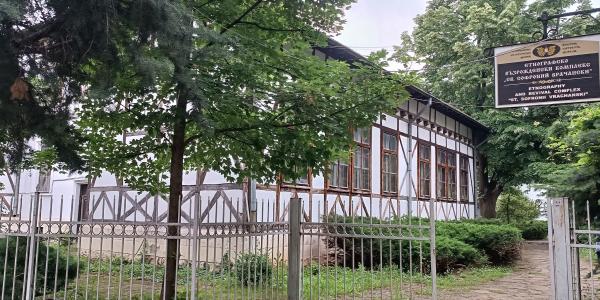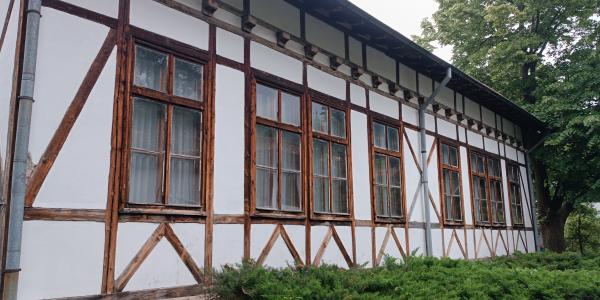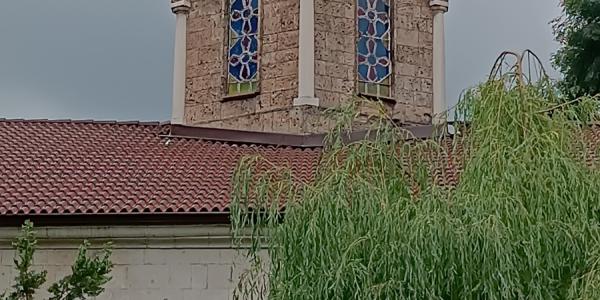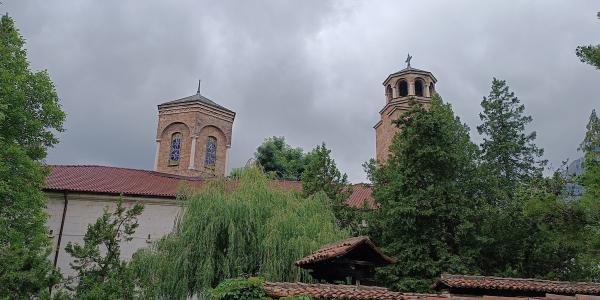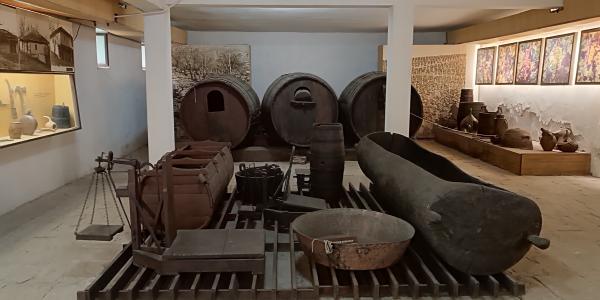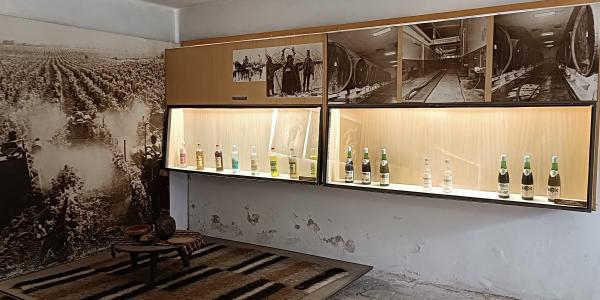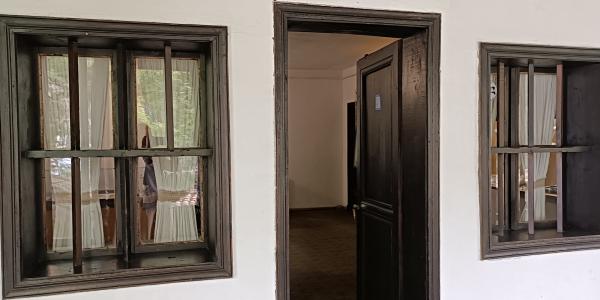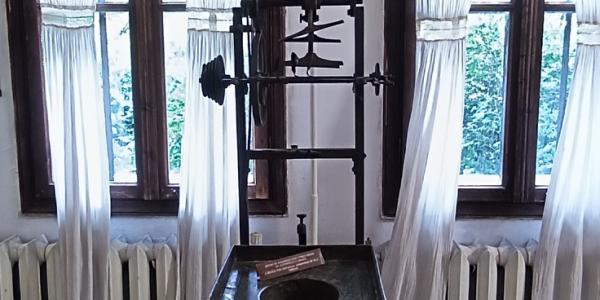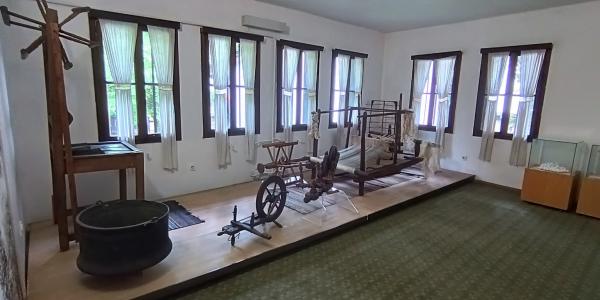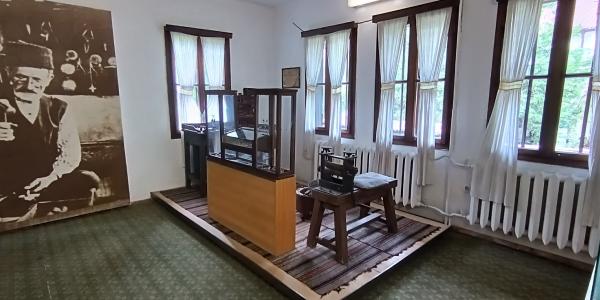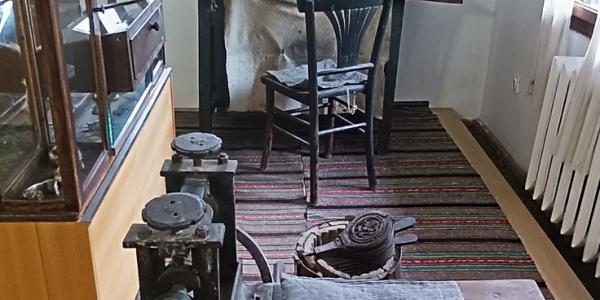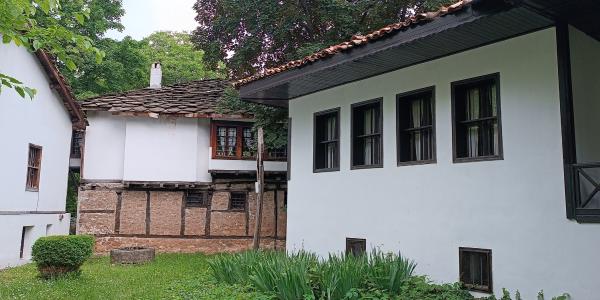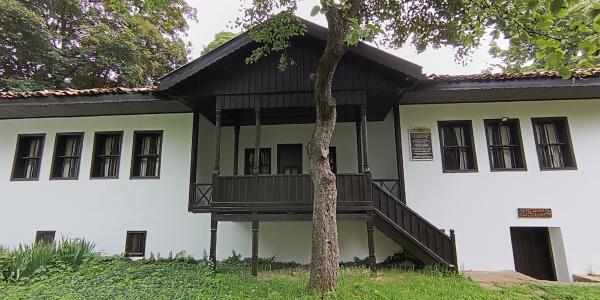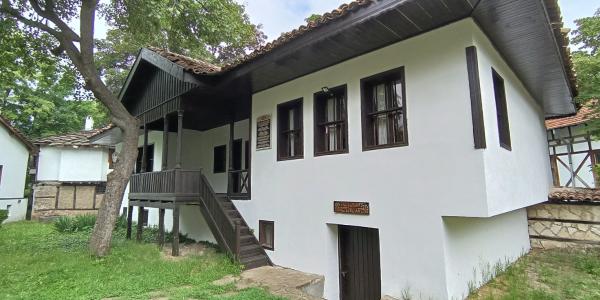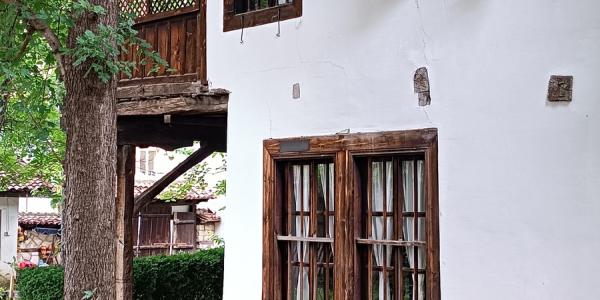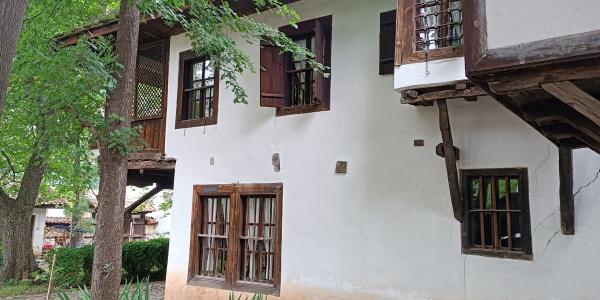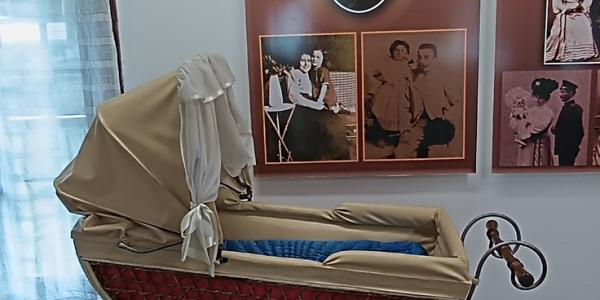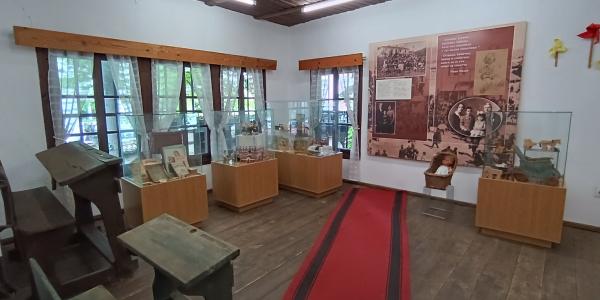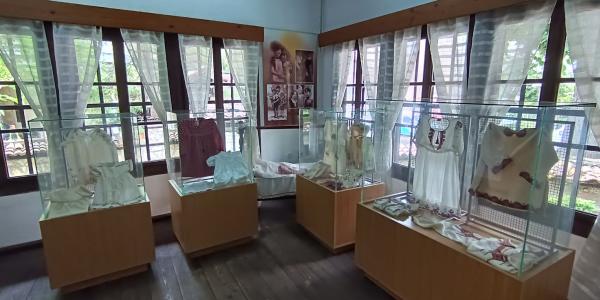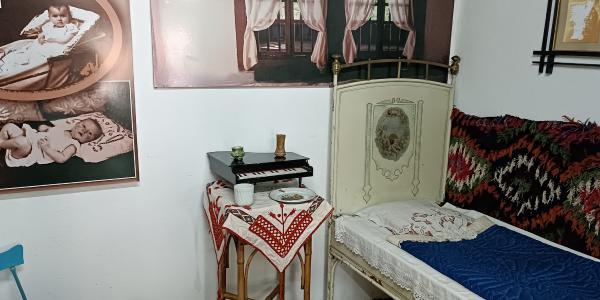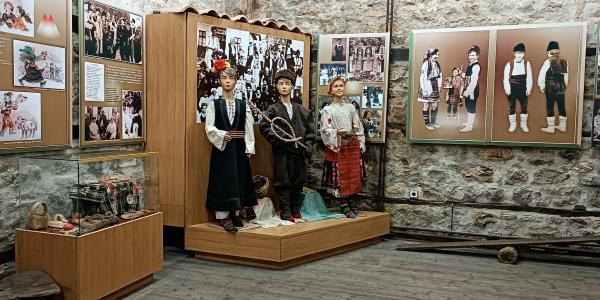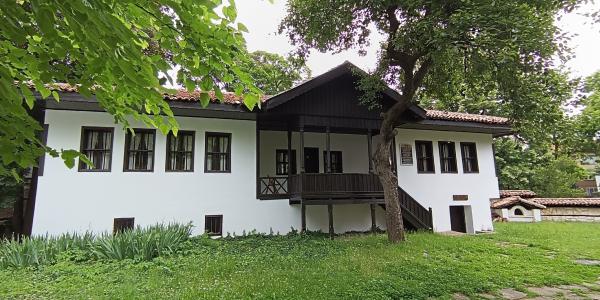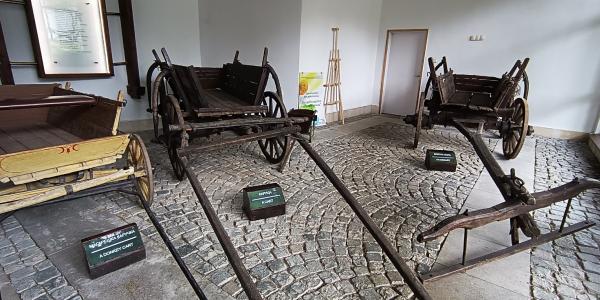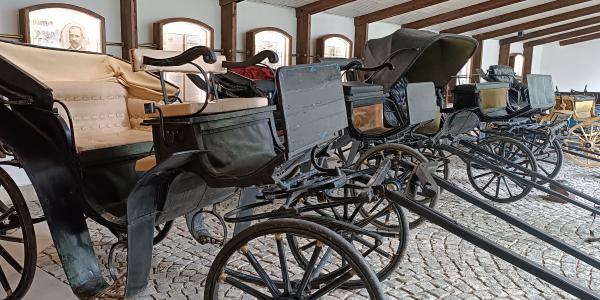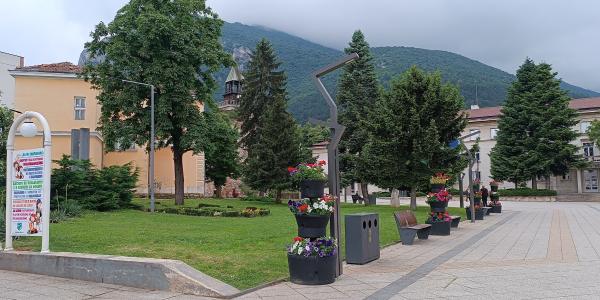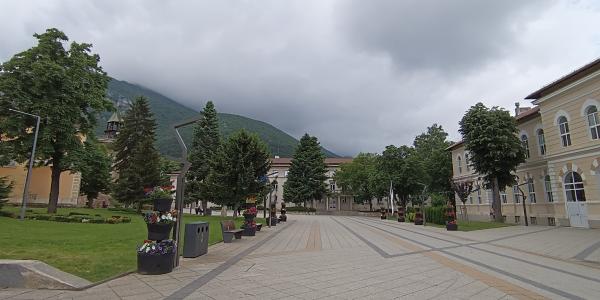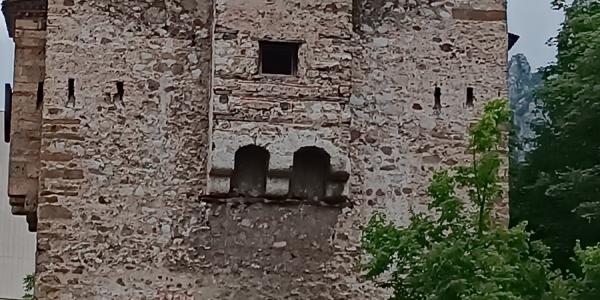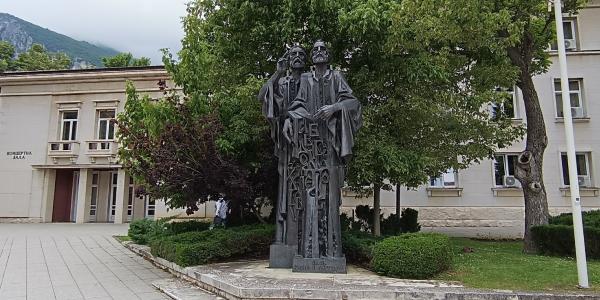
Etnography and revival complex “St. Sofronii Vrachanski”
Ethnography and Revival Complex "St. Sofronii Vrachanski" is a historical and cultural site located in the town of Vratsa, Bulgaria. It serves as a museum and an open-air exhibition that showcases the traditional lifestyle, customs, and crafts of the region during the Bulgarian National Revival period.
The complex is dedicated to St. Sofronii Vrachanski, a prominent figure in Bulgarian history who was a bishop, an enlightened, and a key participant in the Bulgarian National Revival. It is situated in the heart of Vratsa, making it easily accessible for both locals and visitors.
The complex consists of several buildings that recreate the atmosphere of a 19th-century Bulgarian town. It includes traditional houses, workshops, and craft stalls where visitors can witness and learn about various crafts and trades from the National Revival era. The buildings within the complex reflect the architectural style typical of the National Revival era, featuring elements such as wooden facades, stone foundations, and traditional Bulgarian motifs. The Ethnography and Revival Complex "St. Sofronii Vrachanski" plays a crucial role in preserving Bulgaria's cultural heritage and promoting awareness of the country's history among both locals and tourists.
After the Liberation, the first carriage factory was built in Vratsa. The enterprise is the work of the famous resident Mito Orozov, whose vehicles were the most modern not only for Bulgaria but were sold all over the Balkan Peninsula. A limited number of workers produce luxury phaetons, two-wheelers, phaetons, convertibles, hearses and ambulances with particular precision. Ome of the models you can see in this museum.
In the "Grigoriy Naydenov" house, the country's first independent exhibition "The World of the Child from the End of the 19th Century and the Beginning of the 20th Century" was opened. With archival photographic material and original samples of household equipment related to the upbringing of the child, of his clothing and accessories from infancy to adolescence, with reconstructions of ritual objects intended for him, she traces the family environment in which rural and urban children grow up and are educated, their place in the ritual world of our people.
Also of interest are the factory-produced children's toys influenced by European culture and secular education, the original exhibits marking his first steps in his native school and school supplies introducing him to the new world.
Facilities:
Elevator, Wine tasting room, Garden, Non-smoking area
Services:
Air conditioning, Wi-Fi, Permanent exhibition
